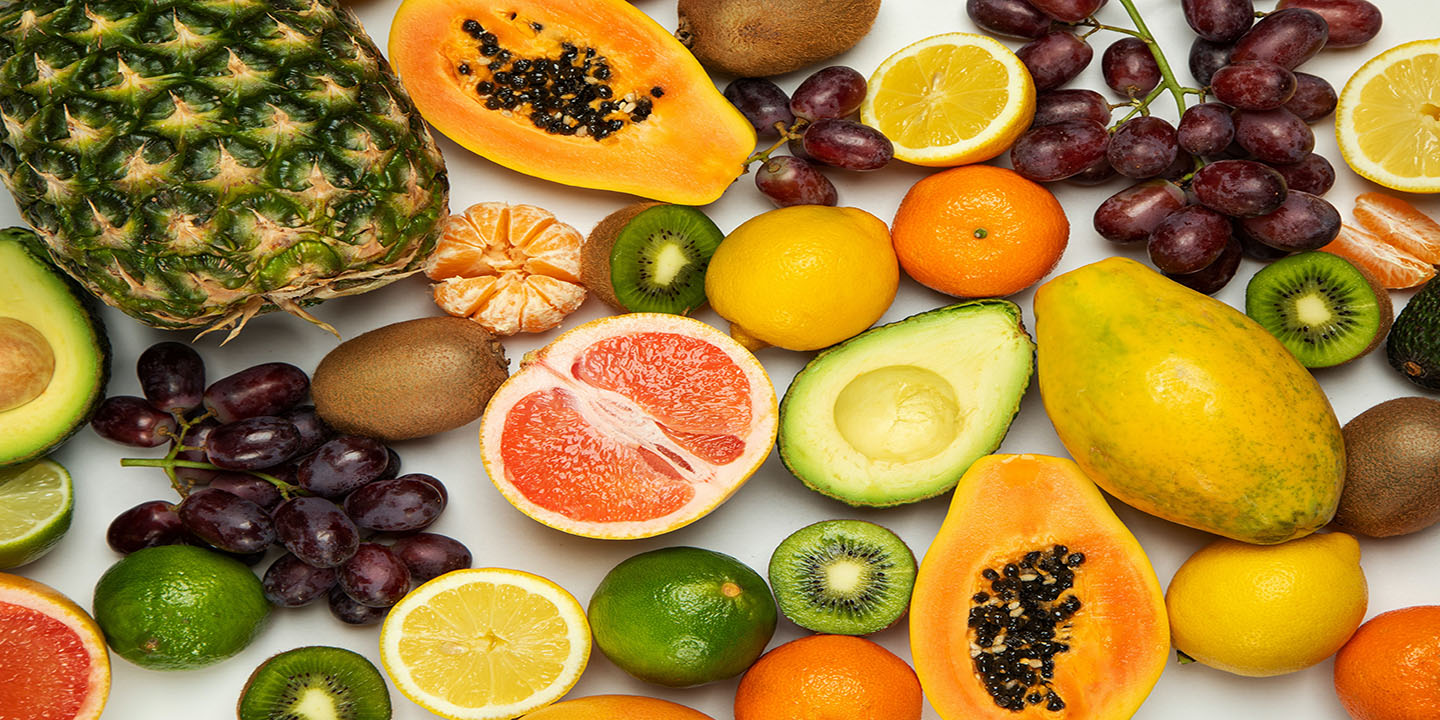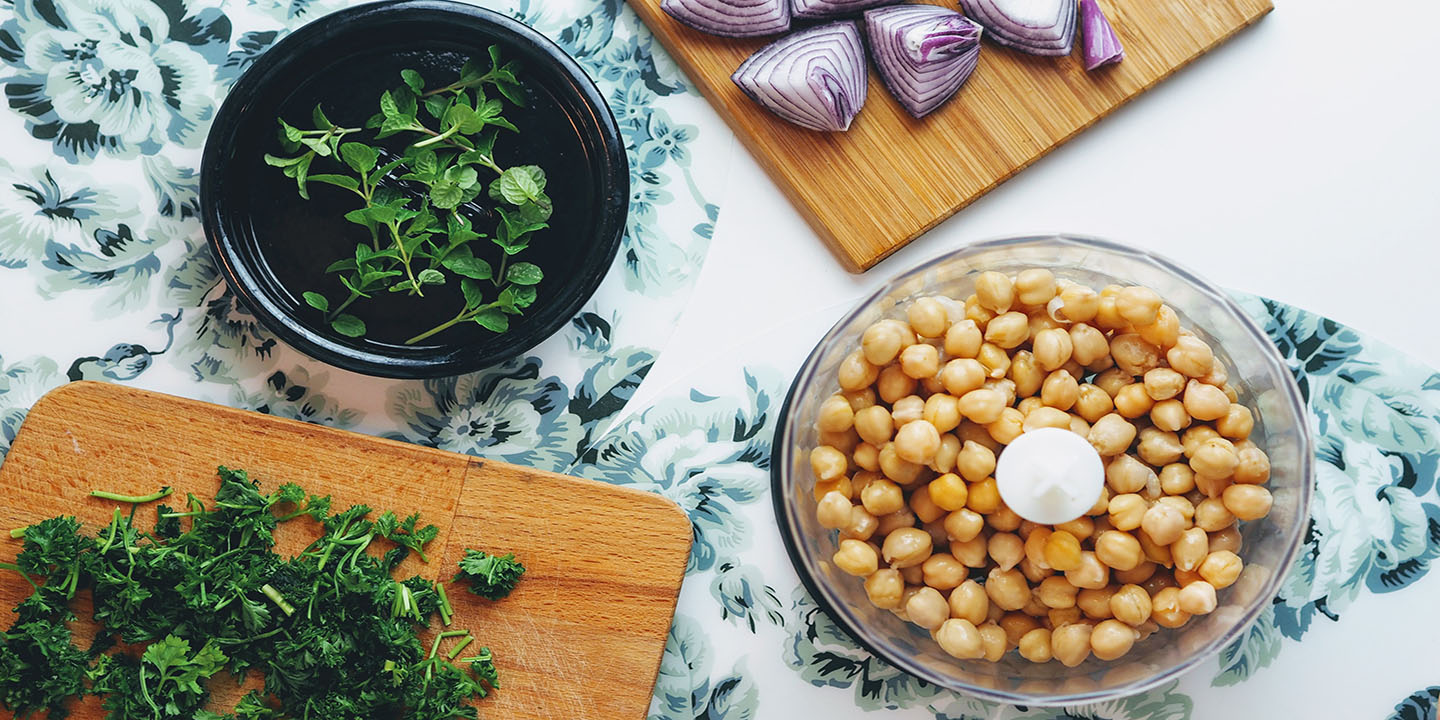With the new year rapidly approaching, many of us are looking to set new goals and resolutions. For many of you, you might be looking to adopt healthier eating habits, starting a diet, or looking for new ways to improve your health. Well look no further because we're about to share with you 30 healthy dieting tips for the new year that are both realistic and sustainable. Let's start off the year strong!
1. Hydrate Smartly
Drink plenty of water throughout the day because not only is it good for you, but sometimes thirst can be mistaken for hunger. Staying well-hydrated also aids in digestion and can improve the overall health of your skin.
 Photo by engin akyurt on Unsplash
Photo by engin akyurt on Unsplash
2. Start with a Balanced Breakfast
Start off your day right! Begin with a balanced breakfast that includes protein, fiber, and healthy fats. This combination keeps you full for longer and provides sustained energy, helping you to avoid mid-morning snack cravings.
 Photo by Rachel Park on Unsplash
Photo by Rachel Park on Unsplash
3. Mindful Eating
Focus on eating slowly and being mindful of what you're consuming. This helps in recognizing your body's fullness signals and prevents overeating.
 Photo by Jarritos Mexican Soda on Unsplash
Photo by Jarritos Mexican Soda on Unsplash
4. Incorporate Whole Foods
Prioritize whole, unprocessed foods in your diet. These include fruits, vegetables, whole grains, and lean proteins, which are more nutritious and satisfying.
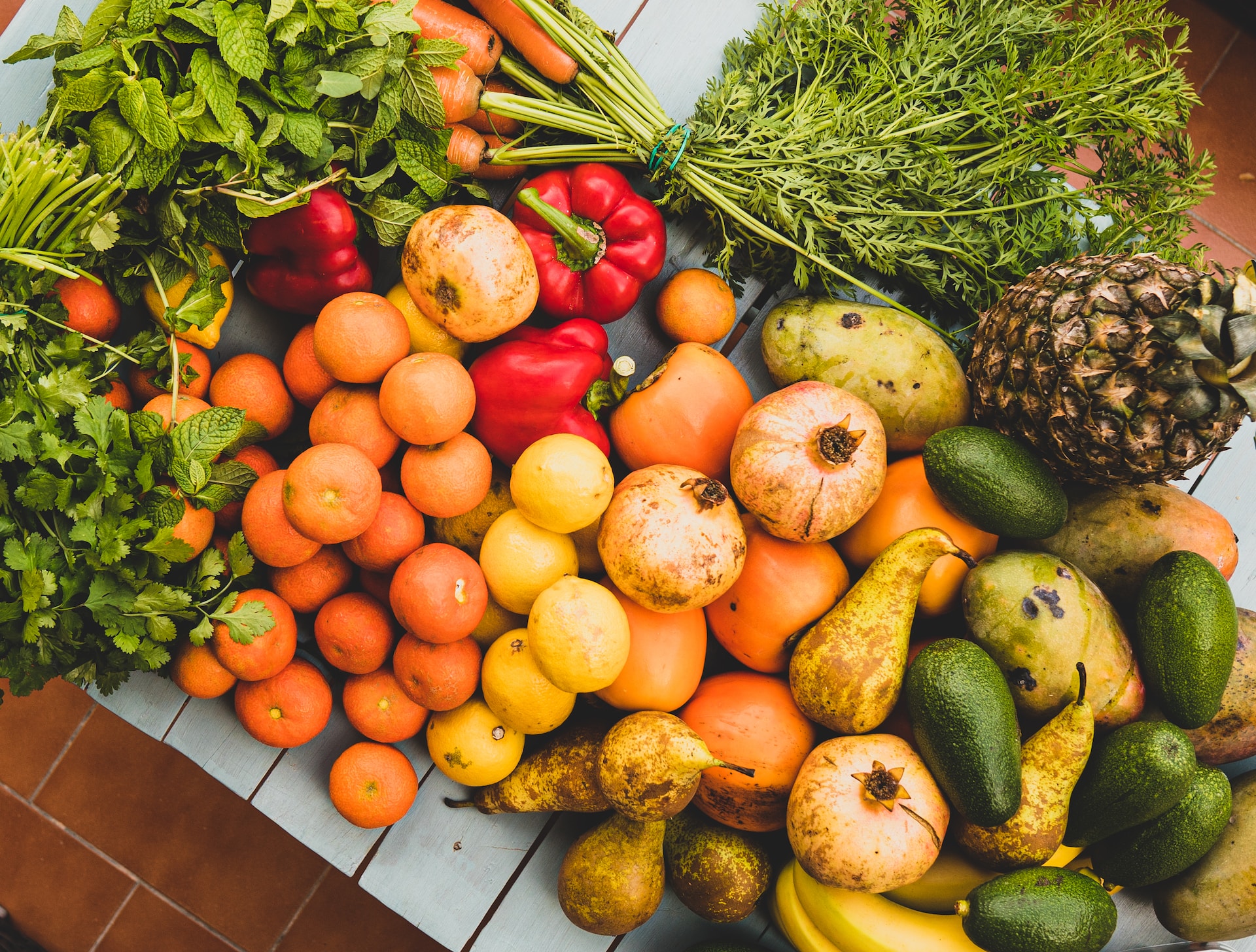 Photo by Tom Brunberg on Unsplash
Photo by Tom Brunberg on Unsplash
5. Control Portion Sizes
A simple way to help improve your eating habits is to pay attention to your portion sizes; using smaller plates and bowls is a great way to control this. It's an easy way to eat less without feeling deprived.
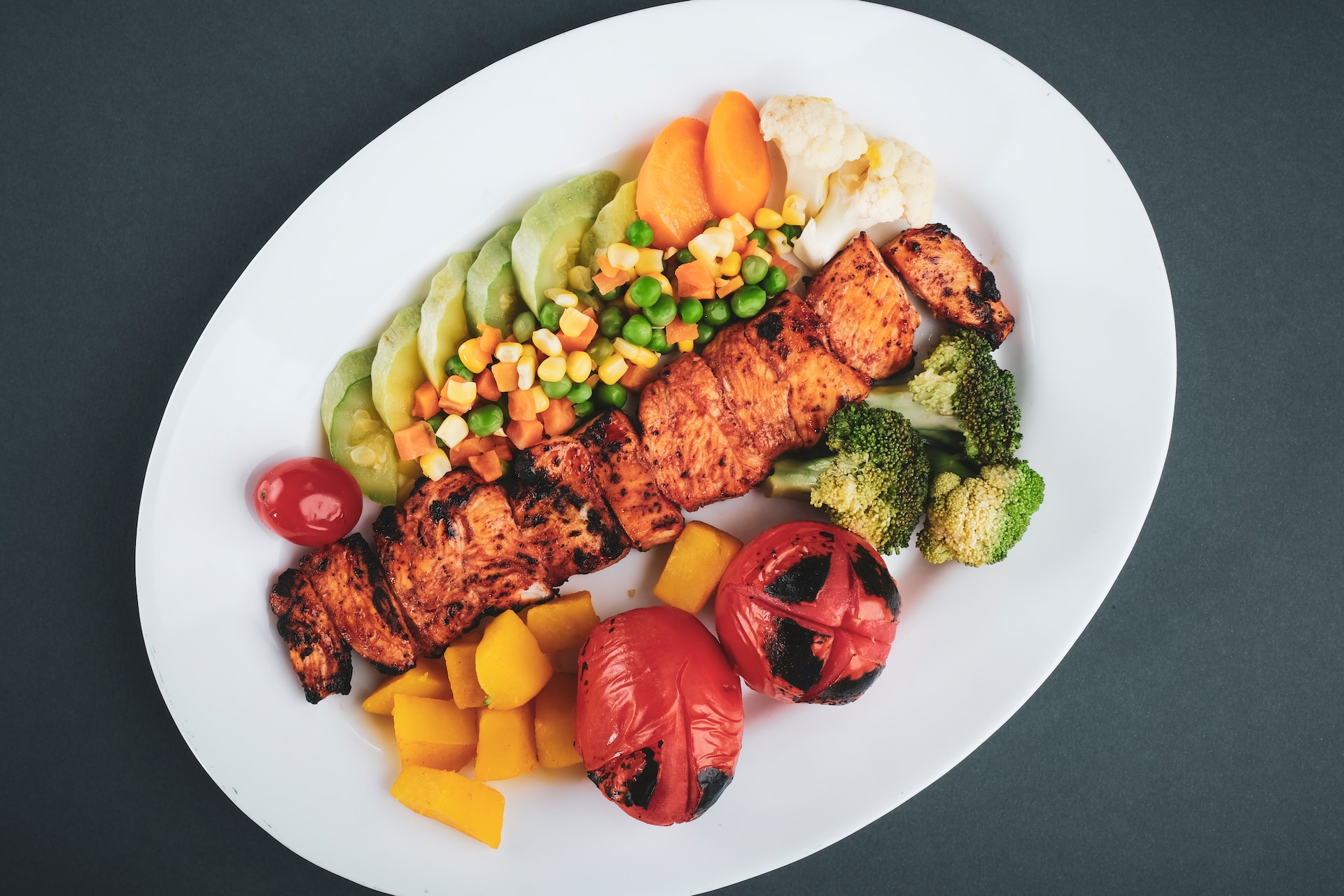 Photo by Sam Moghadam Khamseh on Unsplash
Photo by Sam Moghadam Khamseh on Unsplash
6. Healthy Snacking
Choose healthy snacks like nuts, fruits, or yogurt. These provide essential nutrients and help in maintaining energy levels between meals. Chips, chocolates, and candies may taste good, but those snacks are terrible for your body!
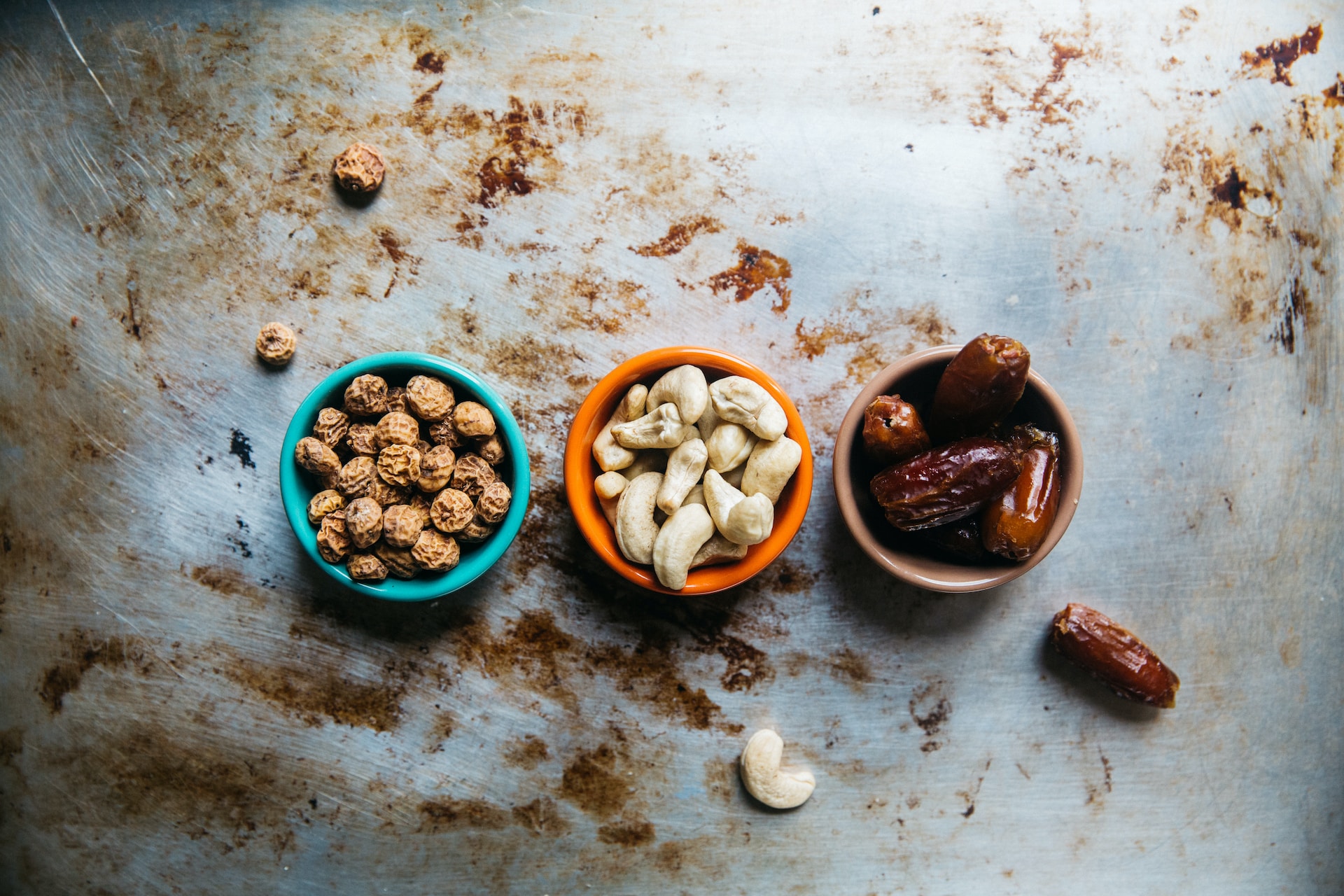 Photo by Rachael Gorjestani on Unsplash
Photo by Rachael Gorjestani on Unsplash
7. Plan Your Meals
Spend time each week planning your meals. This will help you make healthier, more conscientious food choices and reduces the likelihood of impulse eating or ordering takeout.
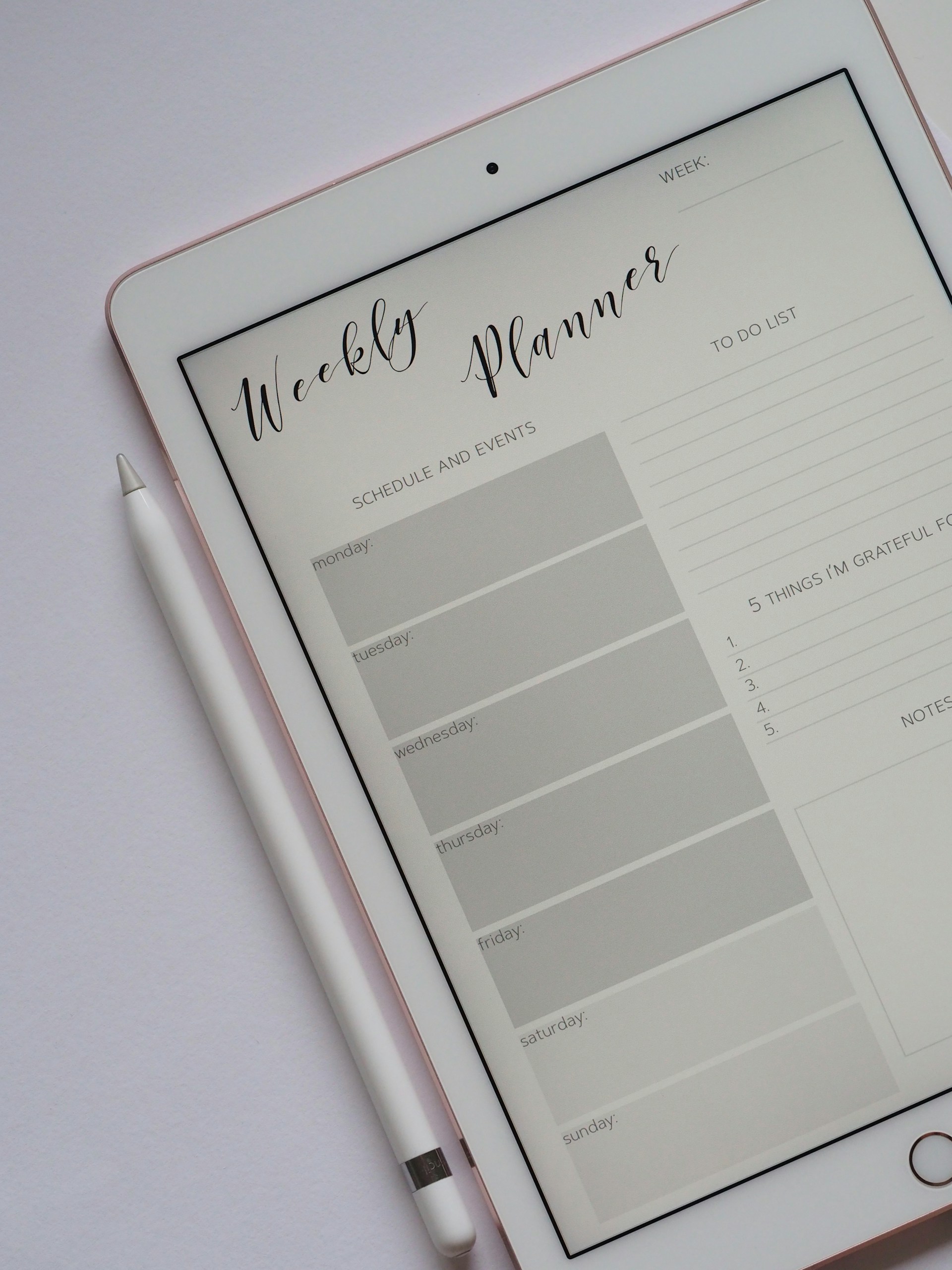 Photo by Jess Bailey on Unsplash
Photo by Jess Bailey on Unsplash
8. Limit Added Sugars
It should be obvious that reducing the amount of added sugars you eat is a necessary change if you want to adopt a healthier diet. Unfortunately, these added sugars are found most commonly in many processed foods and beverages. So instead, you should opt for natural sweeteners like honey or maple syrup (all in moderation of course!)
 Photo by Mathilde Langevin on Unsplash
Photo by Mathilde Langevin on Unsplash
9. Cook at Home
Skip the take out or delivery and cook at home - cooking at home allows you to control the ingredients and portions. It's also a great way to experiment with healthy recipes and to discover new dishes you'll love and want to eat again.
 Photo by Becca Tapert on Unsplash
Photo by Becca Tapert on Unsplash
10. Stay Active
Combine your healthy eating habits with regular physical activity. Even moderate exercise like walking or yoga can have significant health benefits.
 Photo by kike vega on Unsplash
Photo by kike vega on Unsplash
11. Get Enough Sleep
Never underestimate the power of a good night's sleep! Always aim to get sufficient sleep; lack of sleep can lead to a variety of health issues, and when it comes to your diet, it can lead to increased hunger and unhealthy food choices.
 Photo by Quin Stevenson on Unsplash
Photo by Quin Stevenson on Unsplash
12. Manage Stress
Find healthy ways to manage stress, such as meditation or hobbies. Stress can lead to emotional eating and unhealthy food choices.
 Photo by nikko macaspac on Unsplash
Photo by nikko macaspac on Unsplash
13. Eat a Variety of Foods
Dieting doesn't mean you have to eat the same boring vegetables over and over again. You can include a wide range of foods into your diet, ensuring that you get all the necessary nutrients. Variety is also what keeps meals interesting and enjoyable, especially when you're dieting.
14. Listen to Your Body
Learn to listen to your body’s hunger and fullness cues. Eating should be in response to physical hunger, not emotional needs or boredom.
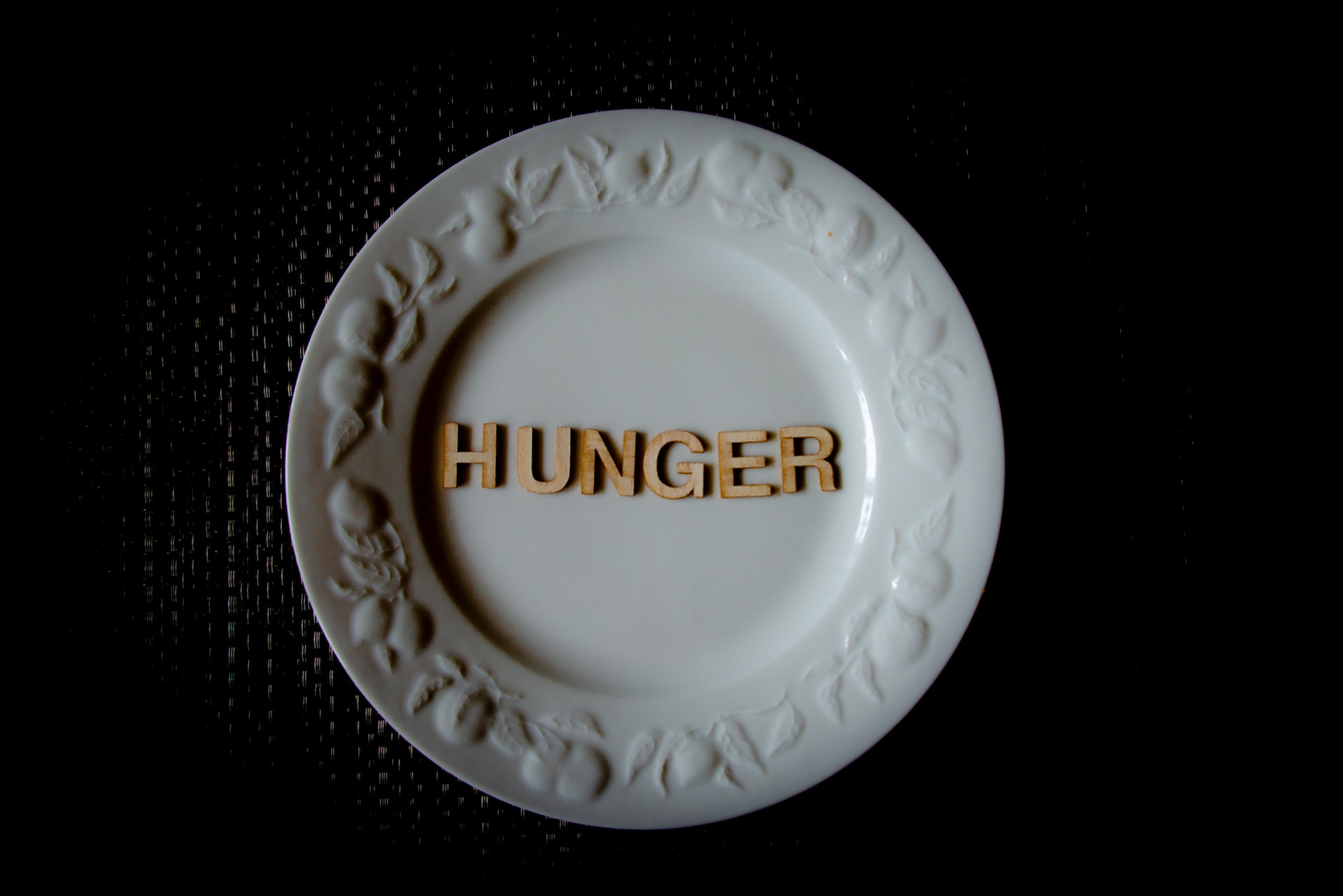 Photo by Siegfried Poepperl on Unsplash
Photo by Siegfried Poepperl on Unsplash
15. Enjoy Your Food
Remember that food when you're dieting isn't just about nutrition. You should be enjoying your meals, not stressing over them! Create dishes that you love, savor the flavours, and make eating a pleasurable experience.
 Photo by Artem Labunsky on Unsplash
Photo by Artem Labunsky on Unsplash
16. Fiber-Rich Diet
Emphasize fiber-rich foods like beans, legumes, vegetables, and whole grains. Fiber aids digestion, keeps you full, and can help in managing weight.
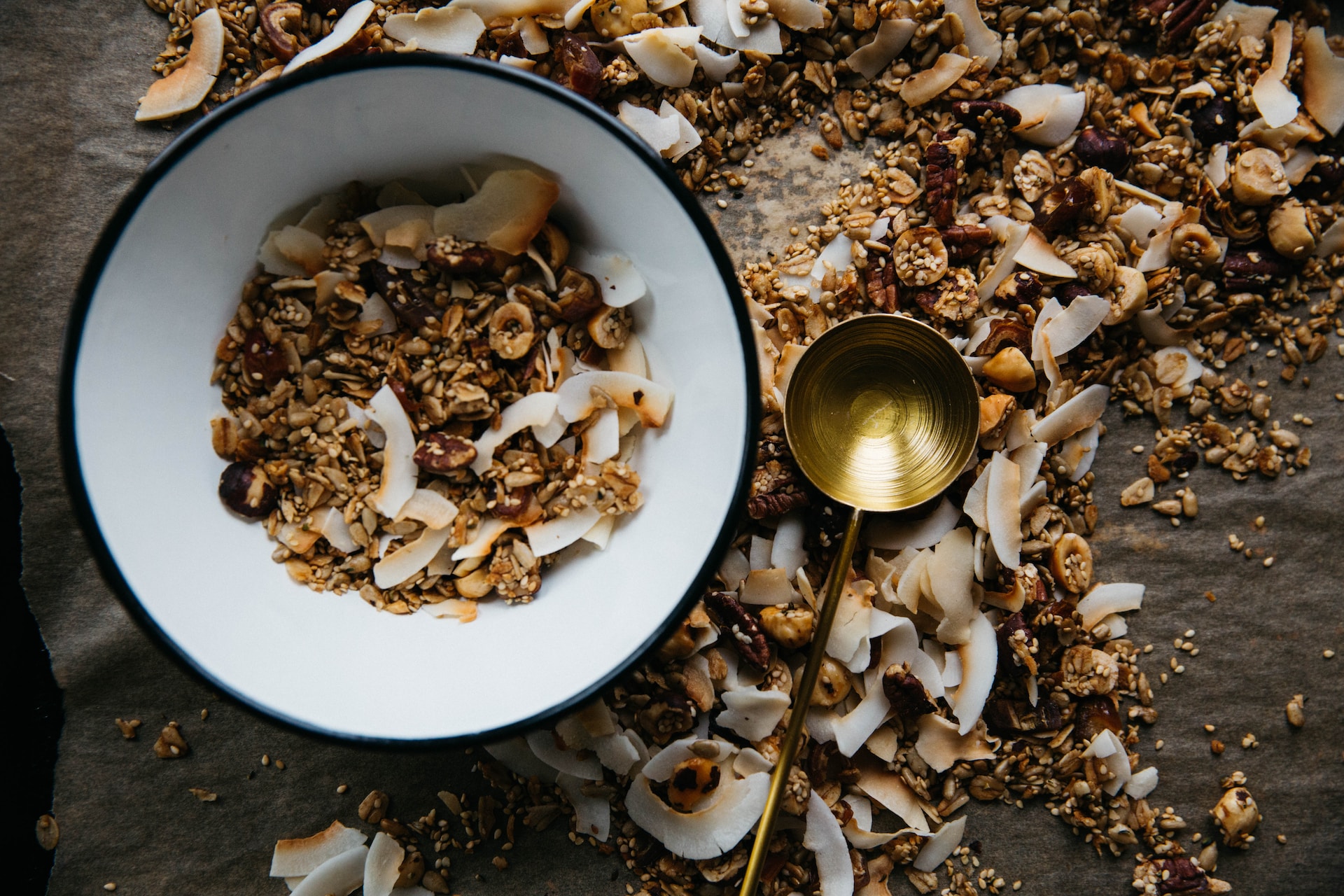 Photo by Rachael Gorjestani on Unsplash
Photo by Rachael Gorjestani on Unsplash
17. Healthy Fats are Your Friend
Include healthy fats like avocados, nuts, seeds, and olive oil in your diet. These fats are essential for brain health and satiety.
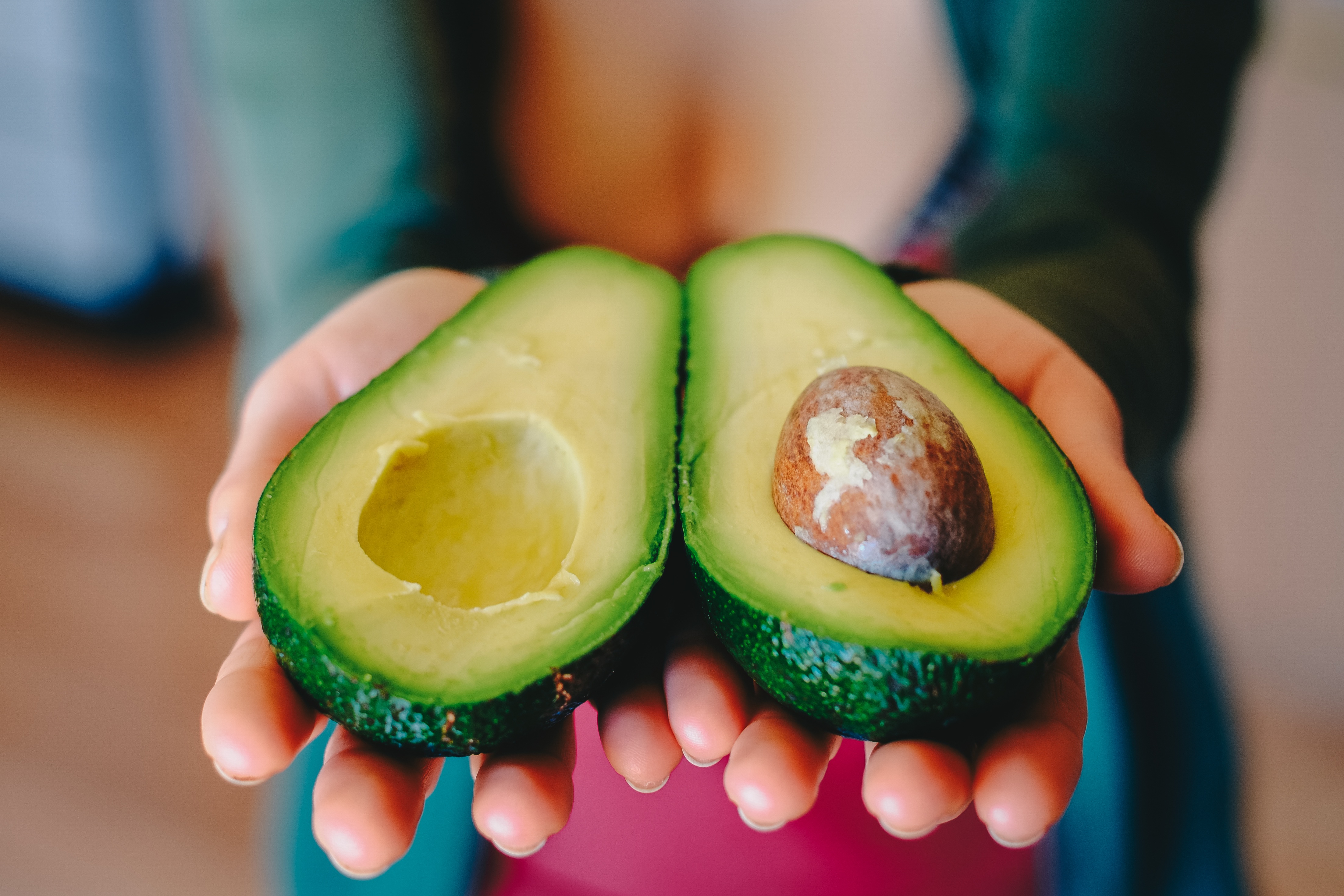 Image by Juraj Varga from Pixabay
Image by Juraj Varga from Pixabay
18. Spice It Up
Use herbs and spices to flavor your food instead of relying on excessive salt or sugar. Spices can enhance the taste and offer health benefits.
 Photo by Annie Spratt on Unsplash
Photo by Annie Spratt on Unsplash
19. Regular Meal Times
Try to stick to the same meal times everyday so that your body's hunger signals can be better regulated. This is a great way to avoid unnecessary snacking!
 Photo by insung yoon on Unsplash
Photo by insung yoon on Unsplash
20. Track Your Intake
Keeping a food diary can be beneficial to your dieting journey. It'll help you be aware of what, when, and why you eat, allowing you to better understand your body and the food choices you're making.
 Photo by Cathryn Lavery on Unsplash
Photo by Cathryn Lavery on Unsplash
21. Choose Whole Fruit Over Juice
Opt for whole fruits instead of fruit juices. Whole fruits contain more fiber and less sugar, helping to keep blood sugar levels stable and increasing satiety.
22. Avoid Eating Late at Night
Try to avoid eating heavy meals or snacks late at night as it can disrupt sleep and lead to weight gain.
 Photo by Vincentiu Solomon on Unsplash
Photo by Vincentiu Solomon on Unsplash
23. Limit Processed Foods
Minimize the consumption of processed foods, which often contain unhealthy fats, sugars, and sodium.
 Photo by HamZa NOUASRIA on Unsplash
Photo by HamZa NOUASRIA on Unsplash
24. Explore Meat Alternatives
Experiment with meat alternatives like tofu, tempeh, or lentils. These can provide protein and nutrients while reducing the intake of saturated fat often found in red meat.
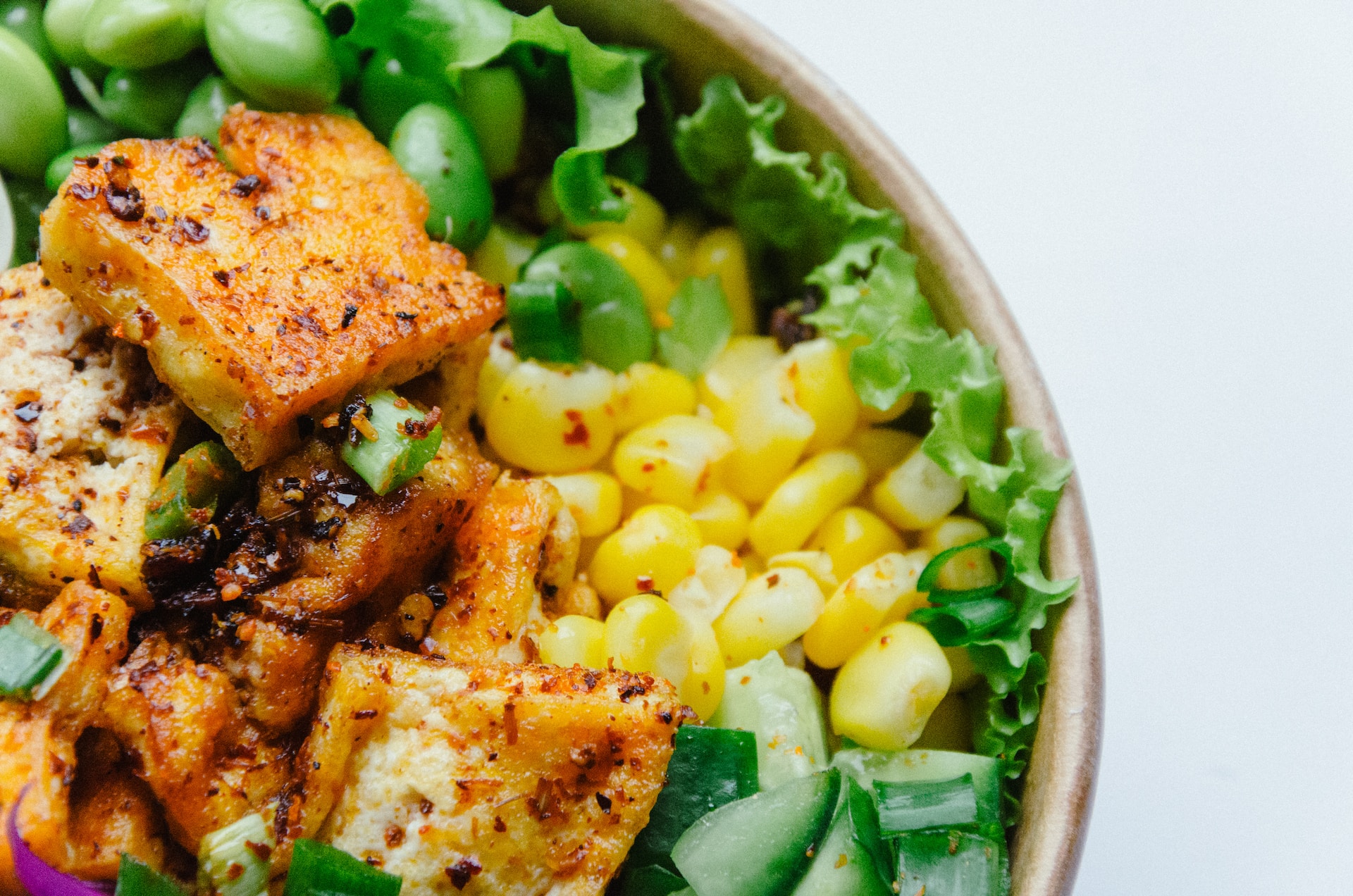 Photo by Anh Nguyen on Unsplash
Photo by Anh Nguyen on Unsplash
25. Mind Your Beverages
It's not just about what you chew, make sure you pay attention to what you drink too. Sugary drinks add empty calories; opt for water, herbal teas, or black coffee.
 Photo by Alexandra Nosova on Unsplash
Photo by Alexandra Nosova on Unsplash
26. Balance Your Plate
When plating your meal, always try to aim for a balanced plate: half vegetables and fruits, a quarter whole grains, and a quarter lean protein.
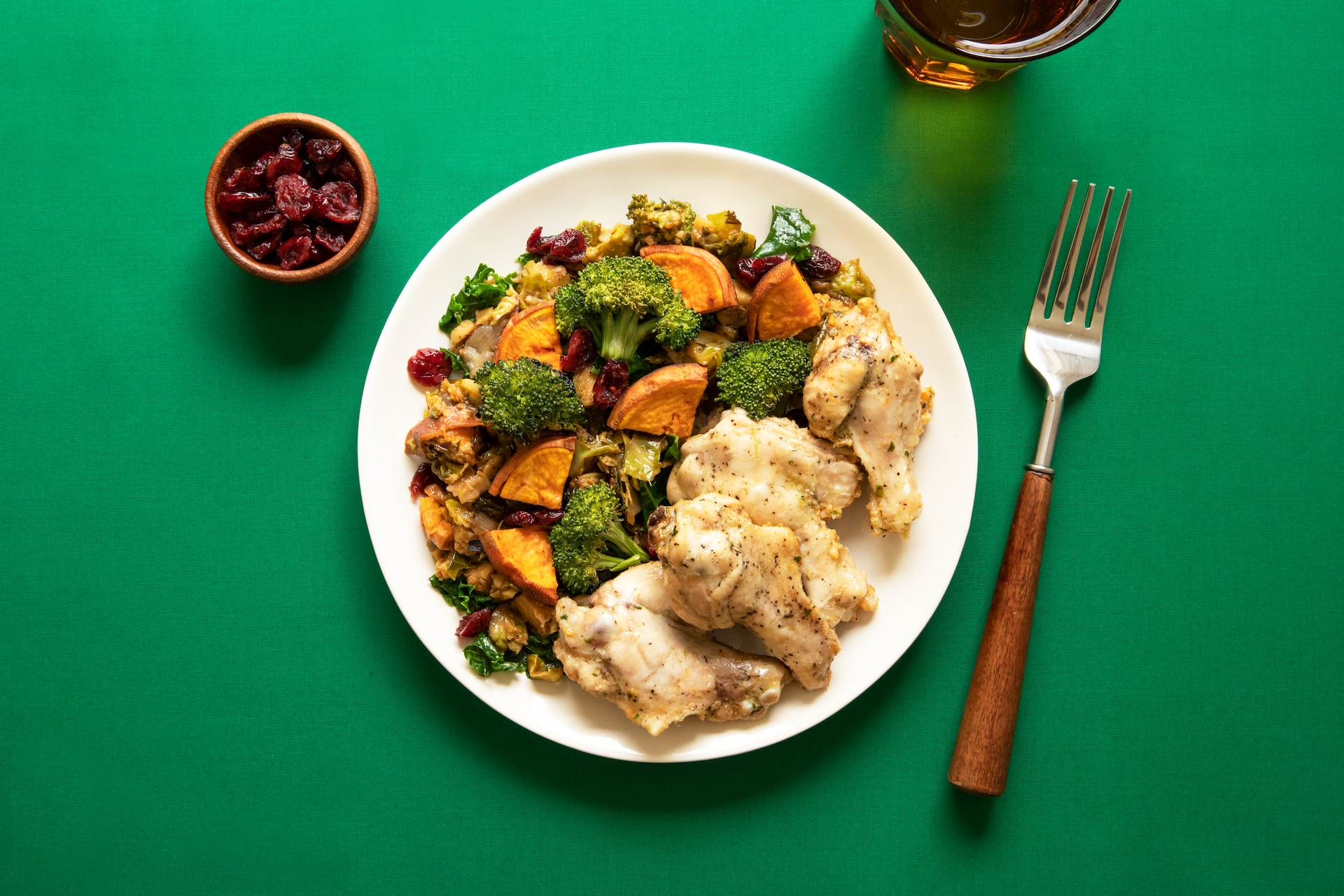 Photo by Ella Olsson on Unsplash
Photo by Ella Olsson on Unsplash
27. Don't Skip Meals
Despite what you may believe, missing out on meals is actually worse for your health and your diet. Skipping meals can lead to overeating later while regular meals help maintain blood sugar levels.
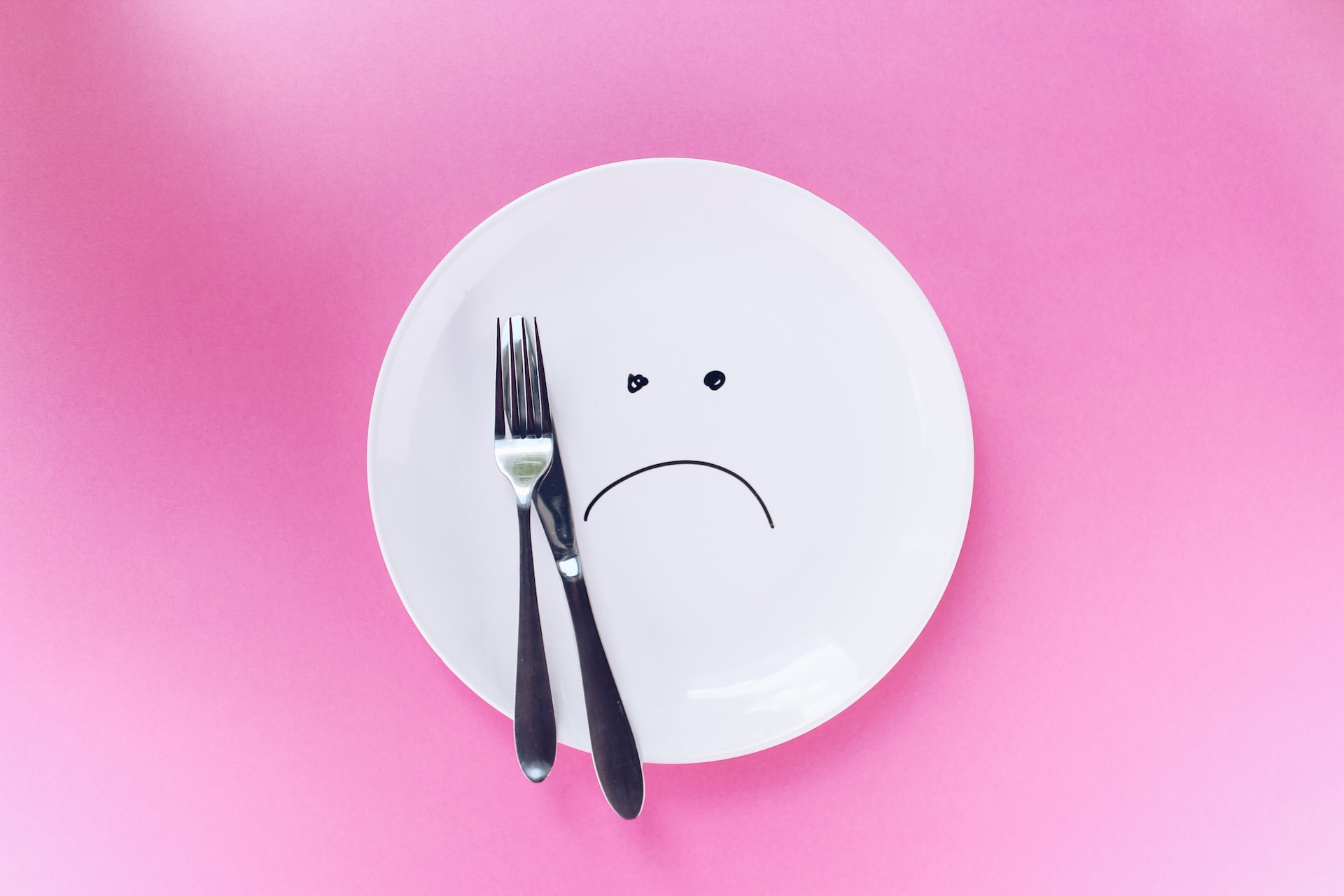 Photo by Thought Catalog on Unsplash
Photo by Thought Catalog on Unsplash
28. Embrace Plant-Based Meals
Try something different and incorporate more plant-based meals into your diet. They are high in nutrients and often lower in calories.
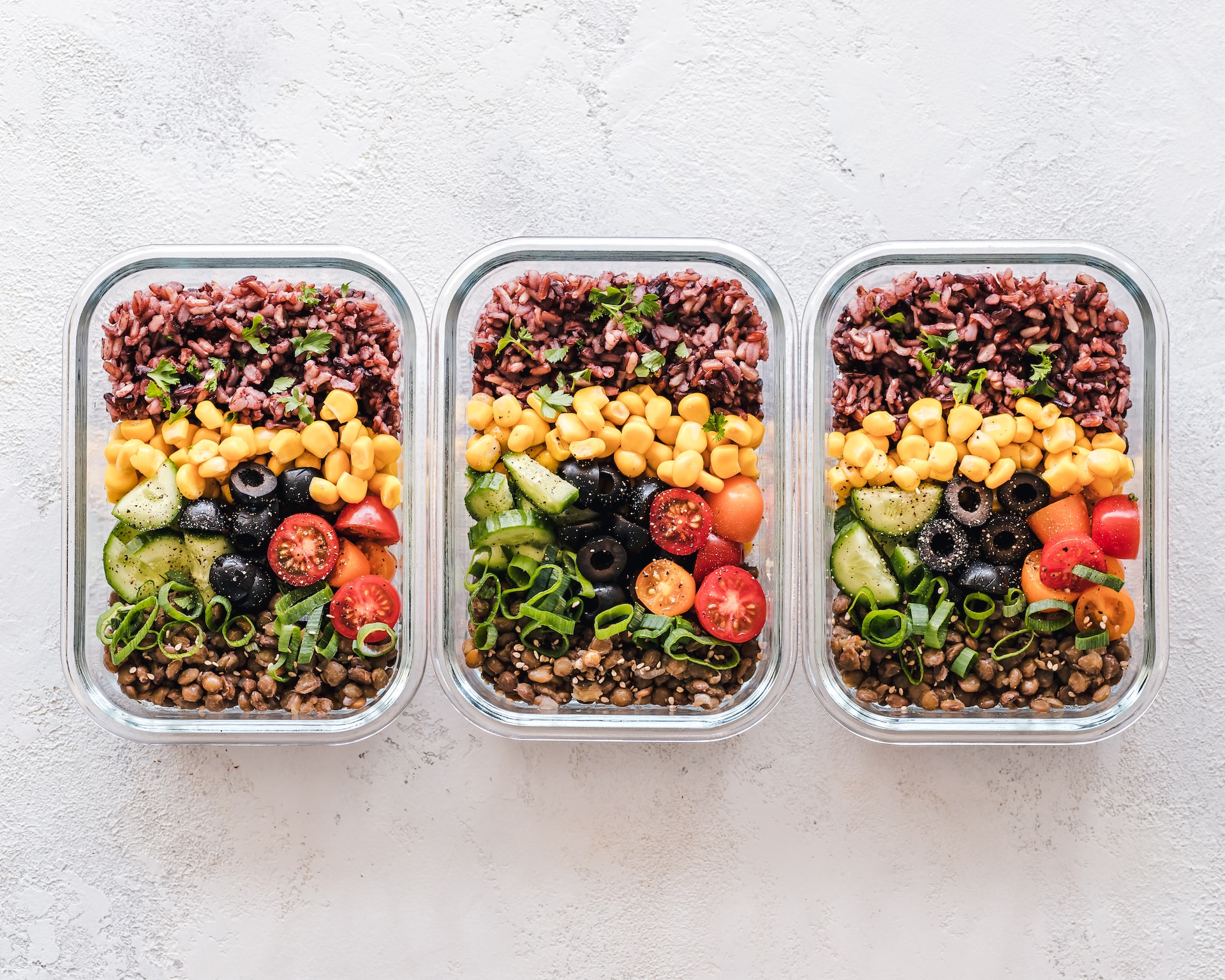 Photo by Ella Olsson on Unsplash
Photo by Ella Olsson on Unsplash
29. Limit Alcohol Consumption
If you want to take your diet seriously, you'll have to moderate your alcohol intake. Why? Alcohol is calorie-dense and can disrupt the healthy eating habits you've built up.
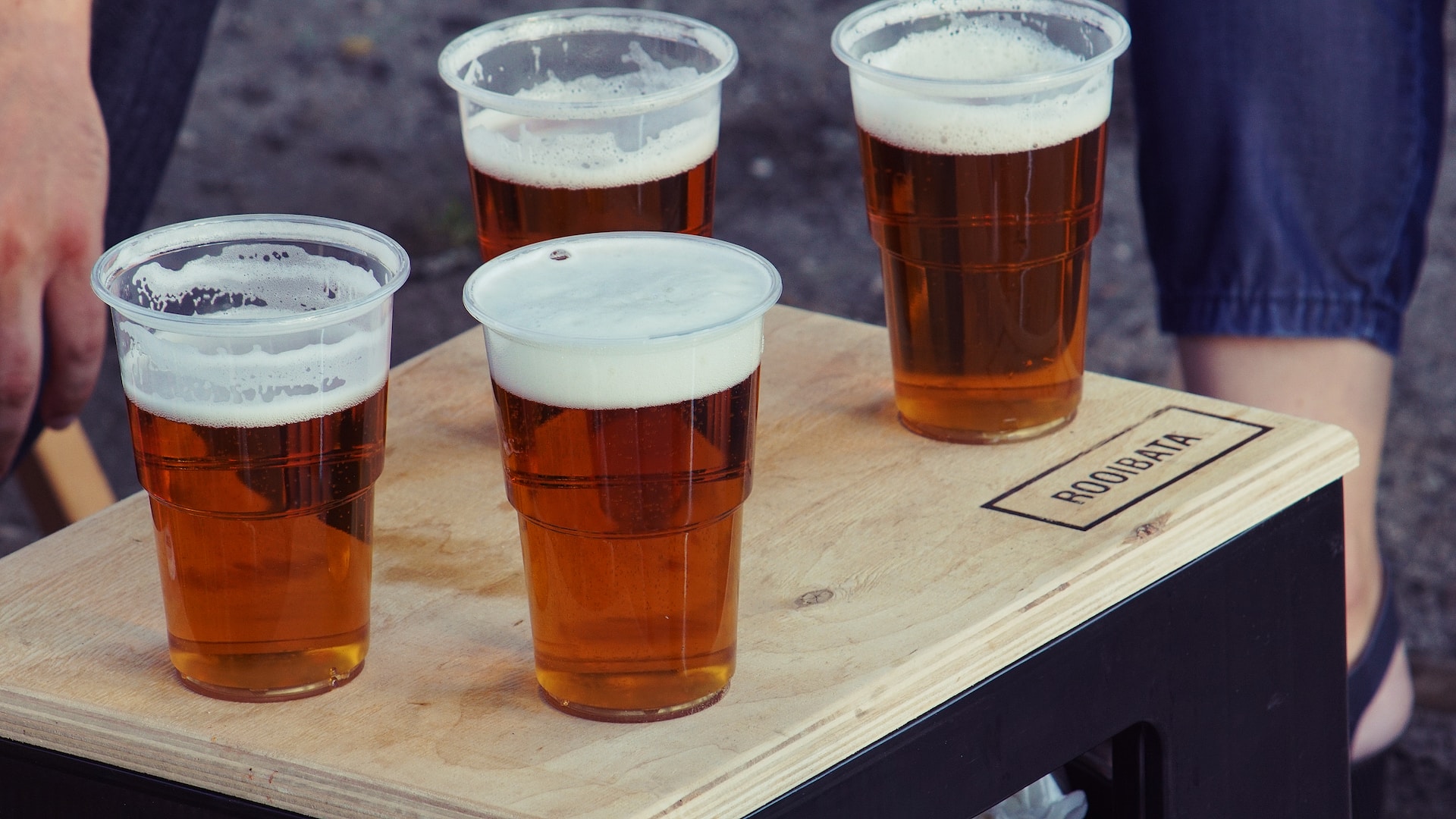 Photo by Julia Nastogadka on Unsplash
Photo by Julia Nastogadka on Unsplash
30. Enjoy Your Food Mindfully
Eat without distractions like TV or smartphones. This promotes a better eating experience and helps in recognizing satiety cues.
KEEP ON READING

The Most Popular Signature Dishes Around the World






